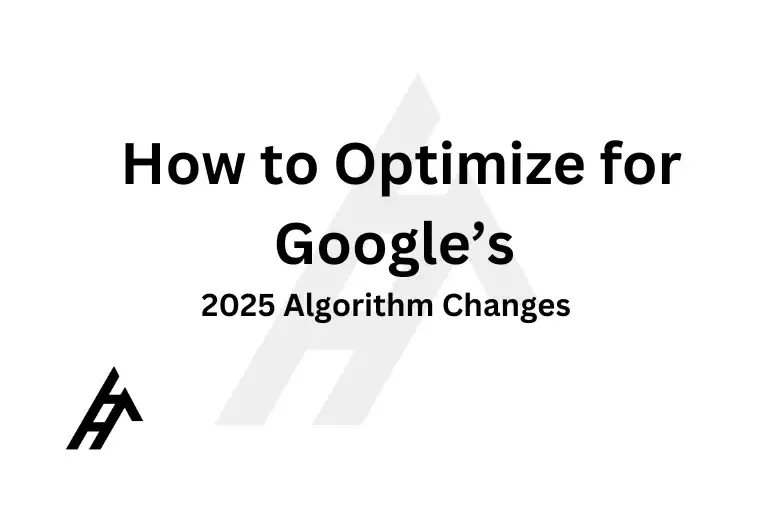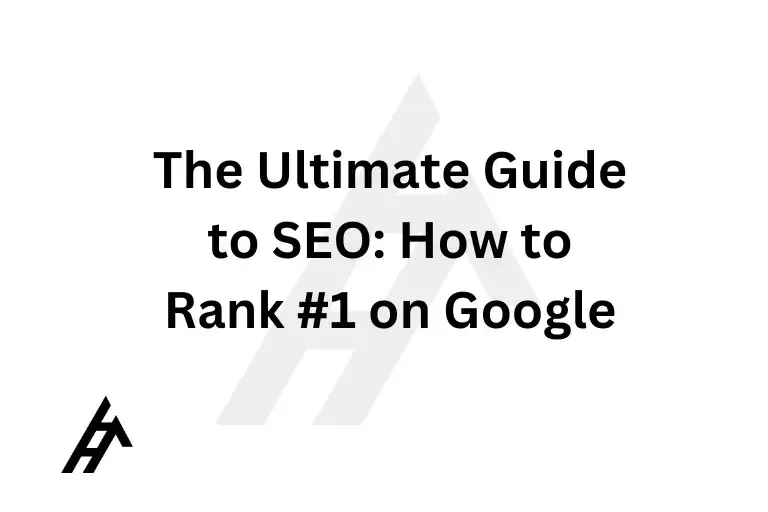WordPress is one of the most flexible Content Management Systems and executes millions of websites all around the globe. It is noteworthy here for its simplicity, versatility, and the abundance of Third-party contributions available online. Nevertheless, as with most animal feed, WordPress is not a perfect tool. So let me state specifically what we will cover in this article – 15 WordPress disadvantages you should know in 2024.
Security Vulnerabilities
Another general issue of WordPress is the issue of security while designing we Webb sites. WordPress is popular and thus vulnerable to hackers’ attacks Even though WordPress is one of the most popular platforms in the world, it means that it is vulnerable to hackers. Despite the fact that the core content is rather safe and constantly updated to remove existing weaknesses, a plethora of problems takes place in third party addons and skins. This is because freshly installed themes and plugins can be vulnerable to threats as they may contain either obsolete or improperly coded code. One should always ensure that each of them is updated and they matter requires security plugin addition to it.
Frequent Updates
WordPress, including themes and plugins, is an open source that often needs updates. These are necessary for security and to improve the overall usability of the software but can sometimes create compatibility problems. An update may sometime pose a risk of either forcing your website offline or make it unresponsive in case theme or plugins tweaked are incompatible with the update. To handlet these updates can take a lot of time and if one has many websites or takes part in many plugins.
Customization Complexity
While WordPress is highly flexible, there are times when one needs to apply specific appearance or features, then it is necessary to know how to code. It is possible to customize elements with the help of the theme’s customizer, and while you can change some aspects of the theme without altering the code, you may need to edit files or create new ones to accomplish more complex operations. However, this entails that many website owners are left with little option than to hire developers and this may prove expensive.
Speed Issues.
Unfortunately, WordPress website owners are at risk of having their websites take ages to load even when the website is fully loaded. There are several factors that can lead to this: the installation of a large number of plugins, the use of large images, or a weak theme. Slow-moving websites are not only a problem for the visitors but also humiliates the ranking position of your website on the search engine. To achieve faster load time, you require to opt for good hosting plan, installed caching plugs and resize images.
Compatibility Problems.
This can be attributed to the fact that WordPress comes with thousands of plugins and themes, and as such, compatibility problems are expected to occur. Despite daily updates, not all plugins are compatible with all the themes and changes in one may affect how the other functions. This can result in a lot of fixes and even sometimes in complete distortion of particular sections of your site and their subsequent search for the prompt work or waiting for the actions from the developers themselves.
Learning Curve.
However, for people who are not acquainted with designing websites, it may take time to learn WordPress, especially for the new users. The knowledge of how to fully harness all the provided tools and functions might require some time. It will be cumbersome for new users to learn the GRC-CD dashboard, identify and work on plugins and themes, as well as make various configurations. As I have said earlier, learning WordPress can be a daunting task if done in the wrong way, and it calls for commitment to learning and experimenting.
Hidden Costs.
Although WordPress is an open-source software, it means that the basic software is free to use, there are a lot of additional costs a person has to pay to maintain a WordPress site. Paid themes and plugins contribute greatly to other costs. Further, other expenses that need to be incurred include the web hosting services, the domain registration costs, and sometimes security as well as back up solutions. This cost may further rise if you are looking for a new and unique website as the services of custom development and design will add to the overall cost of a website.
Dependence on Plugins.
To expand functionality, plugins are heavily used in WordPress. However, such modular approach has its downside – overuse of plugins as opposed to building basic application features from scratch. This adds complexity to your site, slows down the loading speed and makes it vulnerable to security breaches. Furthermore, if the bottom plugin developer decides not to continue developing the plugin, then the user may need to look for another one or else get stuck with a plugin which has not been updated for some time or has known bugs.
SEO Optimization Challenges.
wordpress is SEO friendly but never set and done, which mean we need to tweak it in order to achieve that. In order to fully optimize your website and take full advantage of this area, users typically require secondary plugins such as Yoast SEO or All in One SEO Pack. Many of these plugins are themselves rather complicated and could become difficult to manage if not properly set up with regard to SEO guidelines. Also, it is crucial to note that SEO is not something that once done will produce a steady playback, but it is a process that needs constant follow-up and optimization.
Limited Scalability.
While WordPress is good for managing large amounts of content, it can be slow handling very large websites and ones receiving high amounts of traffic. Despite the capability to scale WordPress websites, this is usually a resource-conservative process, and might be complex. As for site size, extremely large websites may require tailored hosting services, content delivery network, and comprehensive optimization to properly distribute loads and data.
Content Management Limitations.
Here, I define the problem as possible in WordPress as handling significant amounts of content can be quite challenging. The system’s content organization and management are standard, and while that works well for simpler structures, it does not cater well to complex structures or high volumes of media content, such as images, videos, and audios. In order to enhance the content management, the user may have to employ other plugins or/and the custom post types in addition, which means it becomes even more complicated.
Vulnerability to Spam.
Even the WordPress based sites are not safe from spamming, notably on the comments section and contact forms. As for this problem, there are plugins with which it is possible to deal it – for example, Akismet and CAPTCHA solutions, but in general, spam administration is rather time-consuming. If your site is not protected against spam, external malicious users can easily push their unwanted messages into your site over a short period of time.
Hosting Dependency.
WordPress site performance and security will also rely on the quality of the hosting service that one selects. This is because cheap hosting plans are usually the main cause of slow servers, provision of limited server uptime, or sometimes none at all, and exposure to attacks. There are different types of hosting plans that are available for use and it is very important for you to go with the best one because it will help you in every way but at the same time help increase the overall expense of running your website.
No Integrated Backup Options.
Interestingly, WordPress does not have a particular backup service integrated into it on the same way that, for example, Blogger or Wix has. Therefore, users must depend on third-party plugins or an external service to guarantee the data security feature. It is suggested to make regular backups in order to avoid loss in data that might occur in scenario of a hack, server malfunction or otherwise. As for backups, there are numerous plugins out there, but one has to notice that these require configuration and management.
Support Limitations.
However, although there is a strong community and numerous sources available for is users, official support for WordPress is lacking. To get advice or recommendations for a specific customer or problem, one usually has to turn to consultants or pay for additional services. The WordPress main communication source is the community forums and documentation, yet community forums can hardly answer all the questions you may have and are not as much comprehensive as detailed guides.
Conclusion.
Despite those risks, WordPress stays a main content control device because of its flexibility, consumer-pleasant interface, and extensive network guide. By being aware about these potential drawbacks and taking proactive measures, you may mitigate many of these issues and make the maximum of what WordPress has to offer. Whether you’re a novice or a seasoned developer, knowledge those demanding situations will assist you higher manage your WordPress website and keep away from common pitfalls.
How Archaeo Agency Can Help.
At Archaeo Agency, we specialize in building high-performance websites designed to attract, engage, and convert. We understand the unique needs of realtors and create custom solutions that not only look stunning but also drive tangible results.
Get Your Professional Website in 24 Hours!
Is your website sending potential clients running? Contact Archaeo Agency today for a free website audit and let’s transform your online presence into a powerful lead generation tool.
Ready to give your website the upgrade it deserves? Contact Archaeo Agency today for a free consultation and let’s discuss how we can transform your online presence into a lead-generating powerhouse!



